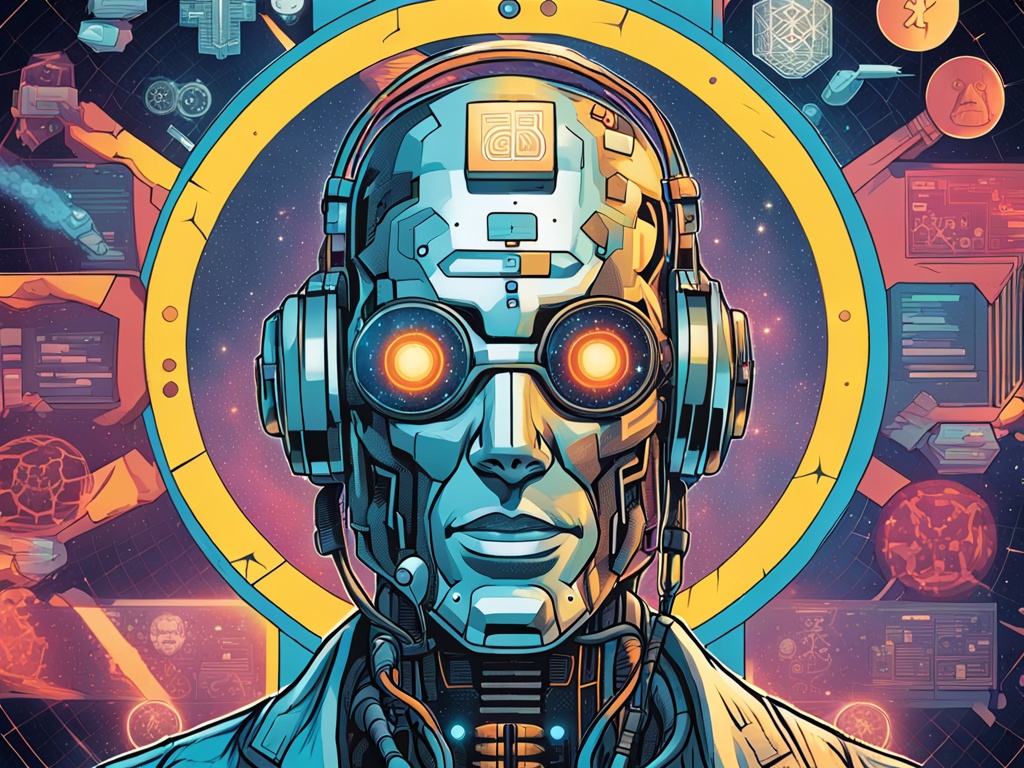Are Your Medical Scans Safe with AI? The Risks and Benefits We Need to Unpack
So, picture this: you’re on social media, and you see people sharing their health scans with an AI chatbot, all because Elon Musk suggested it. It’s fascinating, isn’t it? Technology has really leaped forward, especially in the healthcare sector. But as a young Indian woman analyzing the crypto market, I can’t help but draw parallels between the concerns in health tech and emerging trends in cryptocurrency. Let’s dive into it!
Key Takeaways
- Sharing medical data with AI can lead to privacy issues.
- Current regulations protecting health data (like HIPAA) may not extend to AI platforms.
- Faulty diagnosis from AI could strain healthcare resources.
- There’s an interesting dichotomy between privacy and the potential for better healthcare outcomes.
Now, with the emergence of AI tools like Grok, users are uploading their medical images, hoping to get quick diagnoses. On one hand, this could revolutionize healthcare by providing faster insights. On the other hand, it’s like tossing a dart in the dark regarding your privacy.
The Privacy Puzzle: What Happens to Your Data?
Let’s keep it real: when you share medical info with healthcare providers, there’s a whole fortress of laws like HIPAA that protect your data. But these laws don’t hold much weight when it comes to sharing personal info online, like on social media. It’s more like telling your friend a secret—who knows who else might overhear it? You might think your info is safe, but many platforms can do as they wish with it.
- HIPAA vs. Social Media: Your health data is protected under strict rules with healthcare professionals. However, when you post on platforms like X, those protections disappear.
This reminds me of how we often discuss security in the crypto world. For instance, while decentralized networks promise privacy, hacks and privacy breaches still pose risks (hello, crypto wallet hacks!). Both healthcare and crypto call for vigilance about data privacy.
Risks of Inaccurate Diagnoses: What’s at Stake?
Let’s come back to the health aspect. The integration of AI into healthcare presents us with incredible possibilities but also the risk of critical inaccuracies. I mean, imagine getting a misdiagnosis because the AI misread your X-ray! That’s like a crypto bot miscalculating the price of Bitcoin—it could lead to significant financial (or health) implications.
- Imperfect AI: While some results may suffice for casual inquiries, inaccurate health info might cost you valuable time, money, or worse—your health.
When I think about investing in cryptocurrencies, I often analyze market trends, price disparities, and news buzz. Similarly, health data needs to be verified and trustworthy. In a world where so much is automated, one must stay vigilant.
The Social Experiment: Is “Information Altruism” Worth It?
We’ve seen some skeptics argue that sharing health data with AI could contribute to a broader cause, a phenomenon experts call “information altruism.” It’s like deciding to invest in a new cryptocurrency that claims to promote social good, but knowing that risks are involved. You could end up either supporting innovation or getting burned.
- Consider the Risks Before Sharing: If you genuinely believe in the potential of AI to improve healthcare, you might consider sharing your data. But remember, no protections are guaranteed. Think of how you would approach a new, unproven cryptocurrency.
What We Can Learn from All This
From my analysis, it’s clear that both health tech and cryptocurrencies present revolutionary potential but come with their fair share of important ethical, privacy, and security questions. For anyone dabbling in either world, here are some practical tips:
-
Always Read the Fine Print: Whether it’s a new AI health platform or a cryptocurrency whitepaper, understand the implications of what you’re sharing.
-
Stay Informed: Knowing the legal and ethical implications of data sharing helps you make informed choices.
-
Seek Second Opinions, Human or AI: Before taking drastic health steps or making investment decisions, seeking multiple opinions can help reduce risks.
-
Experiment Responsibly: If you’re going to share data, do it for the right reasons and be fully aware of the risks involved.
- Trust Your Gut: If something feels off about sharing personal info, listen to your instincts.
Conclusion
In conclusion, as we navigate the complexities of both healthcare and investing in crypto, we must weigh the benefits against the potential pitfalls. It’s a digital wild west out there! So, here’s a thought-provoking question for you: How willing are you to share personal data in the pursuit of innovation, and what are the limits of your trust?
Let’s keep this conversation going! What do you think about the use of AI in healthcare? Is it exciting or alarming?





 By
By
 By
By
 By
By
 By
By
